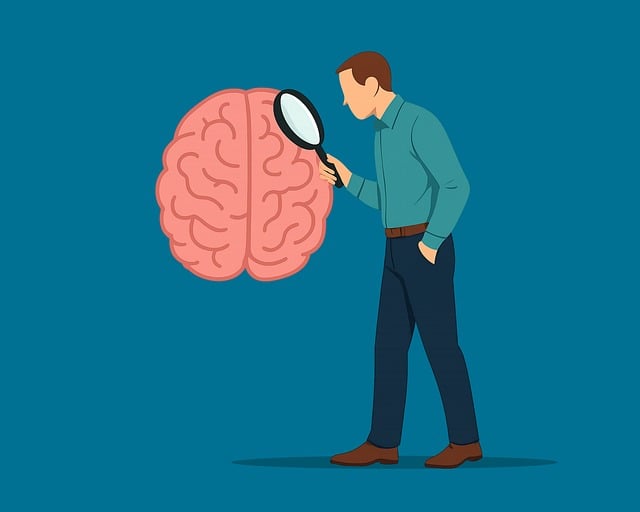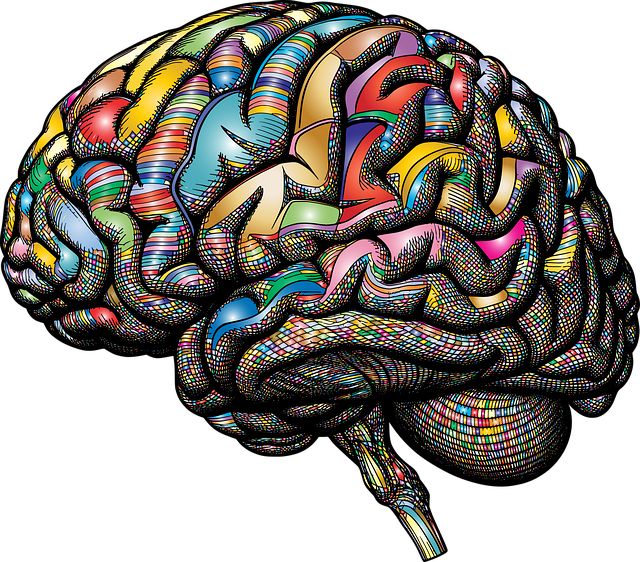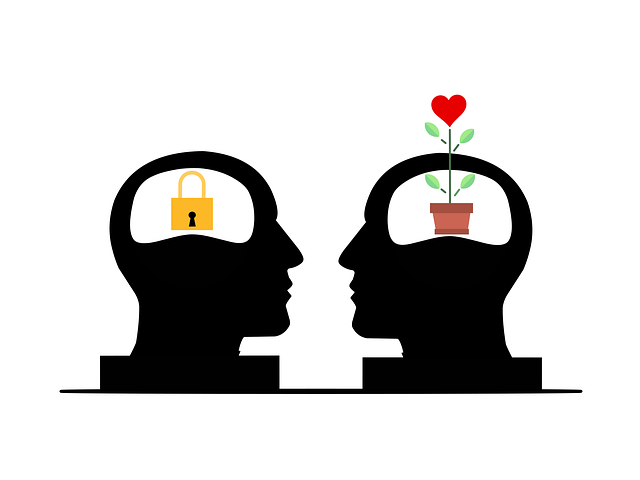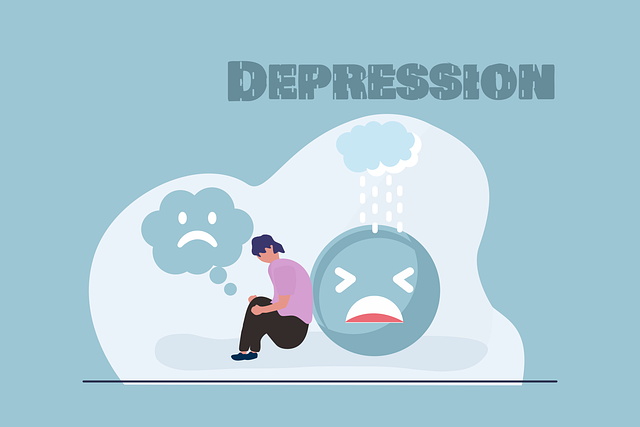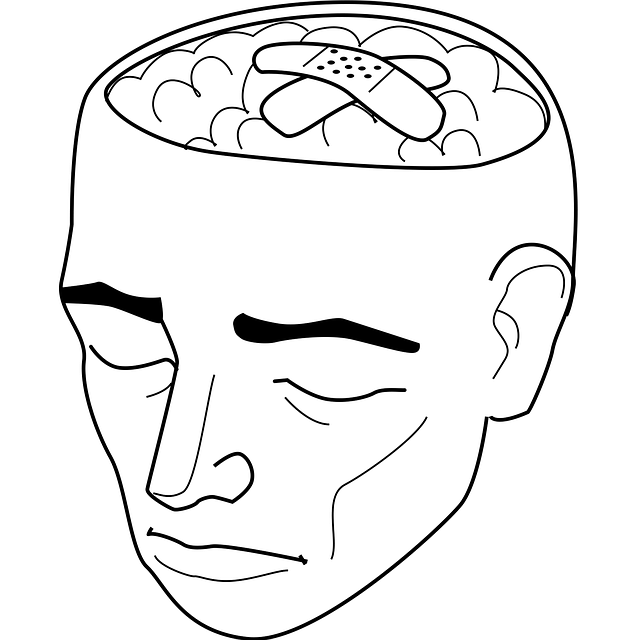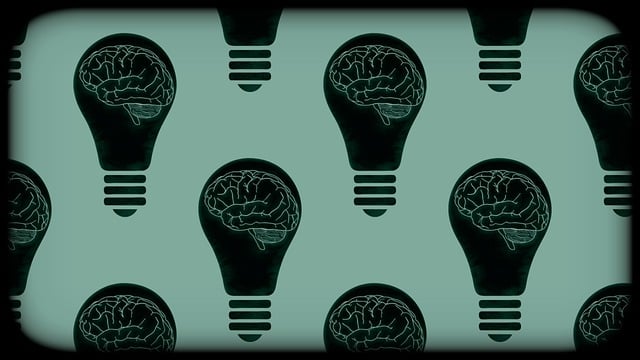Lone Tree Anger Management Therapy, centered around the RFM framework (Resilience, Flexibility, Mindfulness), is an innovative approach to enhancing emotional well-being. Through cognitive restructuring, mindfulness practices, and personalized strategies, this therapy equips individuals with tools to manage anger, reduce mental illness stigma, and navigate challenges with equanimity. By fostering self-compassion and empathy, it not only benefits the individual but also strengthens connections, creating a ripple effect of positive change. Incorporating these techniques into daily life, guided by risk assessments or podcasts, significantly enhances mental wellness and fosters better relationships.
“Resilience is a vital asset in navigating life’s challenges, and RFM (Recovery, Flexibility, and Mastery) provides a powerful framework for emotional well-being. This article explores effective resilience-building exercises, offering insights into enhancing mental fortitude. We delve into the principles of Lone Tree Anger Management Therapy, highlighting its unique approach to individual resilience. Additionally, we uncover the benefits of cognitive restructuring and mindfulness techniques in stress reduction. Learn practical ways to incorporate these strategies into daily life for a more resilient you.”
- Understanding RFM: A Framework for Resilience and Emotional Regulation
- Lone Tree Anger Management Therapy: An Approach to Enhancing Individual Resilience
- The Role of Cognitive Restructuring in Building Mental Resilience
- Techniques for Mindfulness and Stress Reduction to Foster Resilience
- Practical Applications: Incorporating Resilience Exercises into Daily Life
Understanding RFM: A Framework for Resilience and Emotional Regulation

Resilience is the ability to adapt and bounce back from adversity, and it’s a crucial component of emotional well-being. The RFM (Resilience, Flexibility, and Mindfulness) framework offers a structured approach to building resilience and managing emotions effectively. This methodology has gained prominence in Lone Tree Anger Management Therapy, where therapists utilize these principles to assist individuals in navigating challenging situations with greater equanimity.
By fostering resilience, mental health professionals can empower their clients to develop effective coping strategies and enhance mood management skills. The RFM model encourages individuals to confront and process their emotions, rather than avoiding or suppressing them, which is a critical aspect of risk management planning for mental health professionals. Additionally, promoting emotional regulation through mindfulness practices contributes to Mental Illness Stigma Reduction Efforts by encouraging self-compassion and understanding.
Lone Tree Anger Management Therapy: An Approach to Enhancing Individual Resilience

Lone Tree Anger Management Therapy is a unique and innovative approach to enhancing individual resilience. By focusing on anger management, this therapy empowers individuals to develop inner strength and cultivate compassion within themselves and their relationships. Through various techniques, such as mindfulness practices and emotional well-being promotion, participants learn to transform negative emotions into constructive actions, fostering a more balanced and harmonious life.
This method goes beyond traditional therapy by offering personalized strategies for dealing with anger, allowing individuals to build resilience in their daily lives. By integrating compassion cultivation practices, Lone Tree Anger Management Therapy encourages people to navigate challenging situations with greater equanimity and understanding. This not only benefits the individual but also strengthens their connections with others, creating a ripple effect of positive change.
The Role of Cognitive Restructuring in Building Mental Resilience

Cognitive restructuring plays a pivotal role in strengthening mental resilience, offering individuals a powerful tool to navigate life’s challenges with greater equanimity. This process involves identifying and challenging negative thought patterns and replacing them with more adaptive and realistic ones. By modifying their cognitions, people can change their emotional responses to stressful situations, fostering a sense of control and enhancing overall well-being.
Lone Tree Anger Management Therapy, for instance, incorporates cognitive restructuring techniques to help clients understand and manage their anger. Through this process, individuals learn to reframe triggers as opportunities for growth rather than sources of despair. Such therapeutic interventions not only benefit personal relationships but also contribute to the development of emotional healing processes and mental wellness coaching programs. Moreover, raising public awareness about these practices through public awareness campaigns development can further empower people to build resilience in their daily lives.
Techniques for Mindfulness and Stress Reduction to Foster Resilience

Mindfulness practices are powerful tools for building resilience and stress reduction. Techniques such as deep breathing exercises, meditation, and yoga can help individuals cultivate a sense of calm and presence in challenging situations. By focusing on the present moment, one can learn to observe their thoughts and emotions without judgment, fostering self-awareness and emotional regulation skills. These practices have been shown to reduce symptoms of stress, anxiety, and even depression, promoting overall mental well-being.
Lone Tree Anger Management Therapy, for instance, incorporates mindfulness strategies tailored to help individuals manage anger effectively. This includes understanding the physiological and cognitive triggers associated with anger, providing a framework for responding mindfully rather than reactively. By combining mindfulness techniques with traditional therapy approaches, such as Cognitive Behavioral Therapy (CBT), clients can develop strong coping mechanisms that enhance their resilience over time. Additionally, cultivating empathy and cultural sensitivity in mental healthcare practice is integral to this process. Self-awareness exercises and empathy-building strategies empower individuals to understand and connect with others, creating a supportive environment for healing and growth, especially when navigating the complexities of life’s challenges.
Practical Applications: Incorporating Resilience Exercises into Daily Life

Incorporating resilience exercises into daily life is a practical application that can significantly enhance mental wellness. Lone Tree Anger Management Therapy, for instance, offers tailored strategies to help individuals navigate challenging situations with greater composure and emotional control. These exercises are not merely theoretical; they equip people with tangible tools to manage stress, anxiety, and anger effectively, thereby fostering better relationships and improving overall quality of life.
Mental health professionals can integrate these resilience-building activities into their practices, whether through individual therapy sessions or group workshops. A Risk Assessment for Mental Health Professionals can guide the design of such programs, ensuring they are inclusive and beneficial to all participants. Moreover, featuring these exercises in a Mental Wellness Podcast Series Production can reach a broader audience, providing accessible information on burnout prevention and resilience-boosting techniques.
Resilience is a vital asset in navigating life’s challenges, and various exercises, such as those offered by the Lone Tree Anger Management Therapy, play a crucial role in building this mental fortitude. By combining techniques from cognitive restructuring, mindfulness practices, and stress reduction, individuals can enhance their emotional regulation and resilience. Incorporating these strategies into daily life encourages a more adaptive response to stress, fostering overall well-being and a greater ability to overcome adversity. Understanding the RFM framework and exploring different approaches like Lone Tree Anger Management Therapy can empower folks to embrace resilience as a transformative tool.



